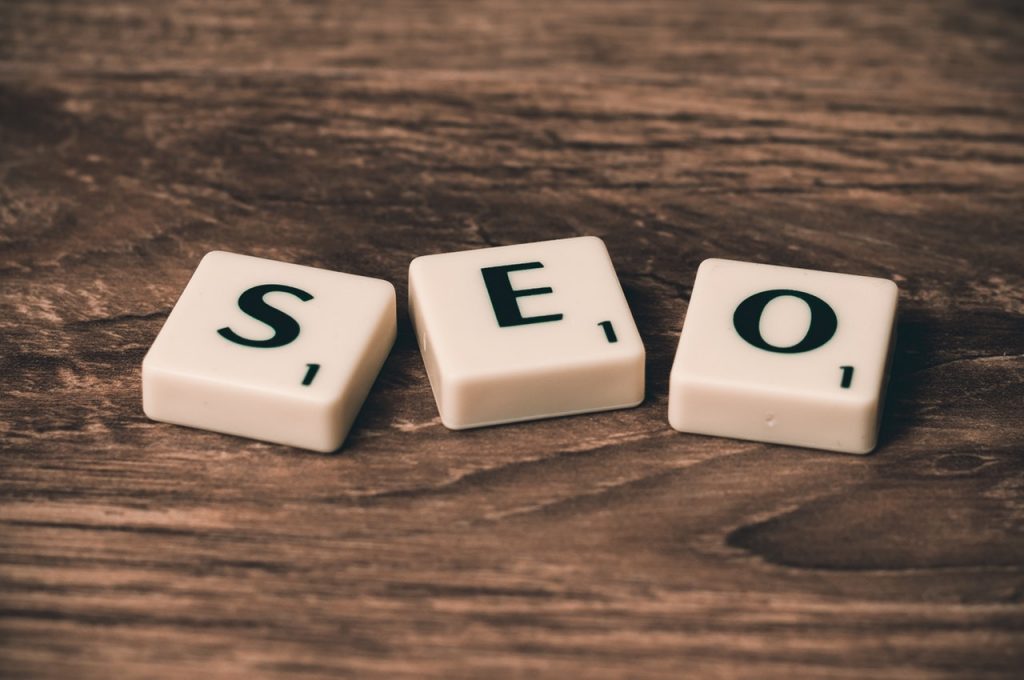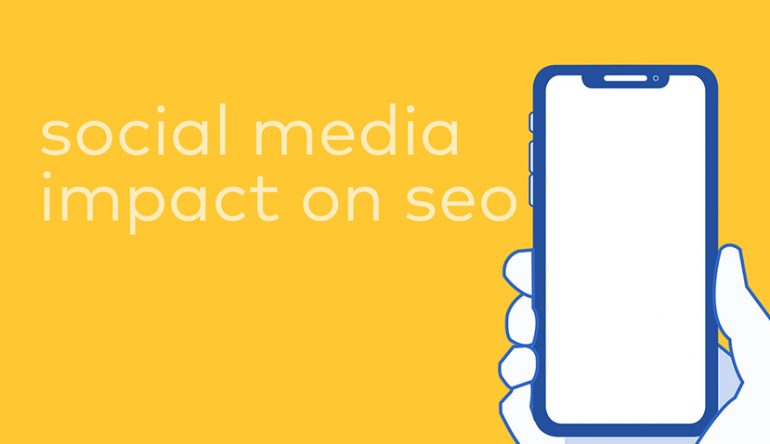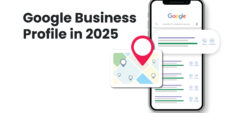If you want your website to be successful and gain traffic, a good appearance won’t suffice. Even the most attractive and memorable websites that are selling the most innovative products won’t get visits if they’re not appearing on the search engine result pages. This is achieved through search engine optimization, or SEO, which is the practice of increasing traffic.
Google’s algorithm changes every year, but there are things that we know for certain affect the ranking of a website: its speed, descriptions and headlines, keywords, responsiveness, the quality of the content, linking, and many more. But what about social media? While Google has denied the direct impact of social media on rankings, there have been numerous studies that show that it, in fact, does affect it.

Today, we are bringing you a post about the impact of social media on the SEO of a website, so you can prepare for 2020 and improve your SEO even further.
What does social media do for your business?
It is undeniable that social media is greatly beneficial for businesses. It enables business owners to communicate with their customers, thus gaining trust and building a good relationship with them. It’s great for partnerships, getting connections, reputation building, getting feedback and it plays an important role in branding.
1. Establishing a presence and building brand awareness
According to a report from Social Sprout, 70% of social marketers said that their main goal is to increase brand awareness.
Through posting, you can easily increase your online visibility. People like, comment, and most importantly, they share the posts they like and think their friends and followers might find funny and interesting. Posting on social media is free, and can be great for marketing and getting traffic.

By posting about a discount or a giveaway, you are making sure that people will share your post with others. Adding a link to your website, where they can get a discount on a certain product, is a quick and easy way to get traffic and sales. But when it comes to the long run, you want to establish your presence on a social media platform.
How to raise brand awareness?
This process can take months and sometimes even years and consists of a number of steps: identifying your target audience, knowing what they like so you can make quality posts about it, communicating with them, and letting them know that there’s a human behind the brand and many many more.
Encourage people to use your hashtag, share your content and tag their friends in it, organize games where a few people, randomly chosen, will win something (people really love these). If people post about a product they bought from you and include your name in the post, make sure to respond to them and thank them for being great customer.
2. Marketing on social media
We mentioned marketing, so let’s go a little deeper into it now.
Social media helps with a ton of things: it gets you conversions, increases the traffic of your website, and raises brand awareness, and helps create the brand identity.
Use the fact that posting is free to your advantage: take good photos of your product and make interesting graphics about sales or giveaways.
Browsing social media feeds often feels like getting punched with colors over and over again. Post after post, it’s almost always bright backgrounds with flashy text that people use to draw attention to their content. While it is effective, it’s not something you want to be doing if you own a business (especially not if your business is serious).

Use the color you chose for your brand when creating previews for posts and thumbnails. This will make you recognizable and make people associate you with that color. Next time, when your customer is scrolling fast through their social media feed, they might spot your color, slow down and go back to see what you posted.
Social media marketing is also great because advertising on social media platforms is cheaper than other marketing campaigns. It is much more affordable to put a few ads on social media than it is to promote your product on a billboard or television. Social media also targets people through demographic information, so your target audience sees your ads.
3. Your content stays relevant longer
Having a blog is great, but sharing it on social media is even better.
Linking your content to your social media accounts and providing people with a short summary that will draw them in ensures they click the link and go to your website to read it. Once you establish your presence on a platform, make sure to post regularly because people might unfollow you if they think you are inactive.
Write content as often as you can, even if it’s only one post per day. Remember, quality over quantity, and users first. Write about relevant topics and what you think your readers will find interesting. Make sure that whatever you’re writing has at least something to do with your brand, because people can and will unfollow you if you’re posting something completely different from what you’re all about.
Another thing worth mentioning is that you can always repost some content if the topic becomes relevant again or if a prediction you made came true. Also, you can pin posts on Twitter.
4. Social media boosts local SEO
Aside from getting traffic, social media boosts local SEO, as well, which is useful when it comes to visibility on business listings.
To ensure a good local SEO, you will need to include your business name, address, and phone number everywhere, including social media. When it comes to Facebook, fill out all the blanks with the necessary information. Regarding Instagram and Twitter, include these in your descriptions, along with the necessary links.

Aside from this information, what also affects local SEO is the use of keywords in the description, being clear about the products and services you’re offering, your working hours, and your location. The location is especially important because Google always displays the closest businesses first.
Developing a Social Media Strategy for SEO
Here are the steps to a successful social media strategy that will boost your SEO:
- Use the right social media – Do your target audience research and see which social media platform(s) they’re using.
- Optimize all of your social media profiles and include all the necessary information and links.
- Use the right keywords in your content and descriptions.
- Make content that is worth linking to and that you know your readers will like.
- Use hashtags.
- Be active and communicate with your followers.
- Get backlinks from other businesses and collaborate with them.
Final words
Even though social networks don’t impact SEO directly, it is undeniable that the effect is there. Linking your website and posts to your Facebook, Instagram, Twitter, and LinkedIn accounts can generate a ton of traffic and sales if done correctly.
You cannot go wrong with writing original and relevant content to get people interested, organizing games and giveaways because everyone likes those, and posting frequently and interacting with your followers.
We hope that this article has helped you learn something new about the importance of social media and its impact on SEO.
Thanks for reading!





